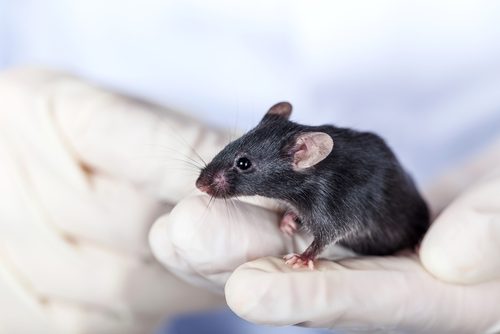Endometriosis induces changes to the brain that may help to explain the sensitivity to pain and the anxiety and depression experienced by patients, researchers who studied the disease in mice report.
Their study, “Endometriosis alters brain electro-physiology, gene expression and increased pain sensitization, anxiety, and depression in female mice,” was published in Biology of Reproduction.
Endometriosis is a hormone-dependent inflammatory disease associated with pelvic pain, anxiety, and depression. Little is known about what causes it, or the underlying mechanism that regulate its symptoms.
To better understand, researchers at the Yale School of Medicine surgically implanted endometriosis lesions in mice, and then evaluated their general physical and behavioral response. Endometriosis-treated animals were compared to mice that underwent a similar but sham surgery.
The endometriosis mice started to show signs of anxiety two weeks after the surgery, with increased time spent walking in one single spot. Despite of this anxiety-associated symptom, these animals were also found to be less active, doing less walking in an 18-minute activity test than healthy counterparts. Further testing revealed a greater sensitivity to pain and signs of depression.
These results in mouse models of the disease “confirmed increased pain sensitivity, anxiety, and depression behaviors induced by endometriosis, similar to that reported in women with the disease,” the researchers stated.
To determine what might be causing these changes, the researchers analyzed the mice’s amygdala, the brain region responsible for regulating pain, anxiety, and depression. They found that cells in the amygdala of the endometriosis mice responded differently to stimulus than these cells in the brains of sham-treated mice.
In addition, the researchers found that the
Levels of 3,001 mRNA molecules examined were also different in the brains of endometriosis mice compared to the controls. Some of the identified altered mRNAs are known to be linked to behavior variations, further supporting a link between endometriosis and brain response.
Most treatments used or being developed for endometriosis focus on managing symptoms, and the disease’s effects endometriosis on the brain are largely ignored, the researchers said.
“Our findings may help in the development of molecular targets and therapies to treat pain and control emotional disorders caused by endometriosis,” they concluded.

